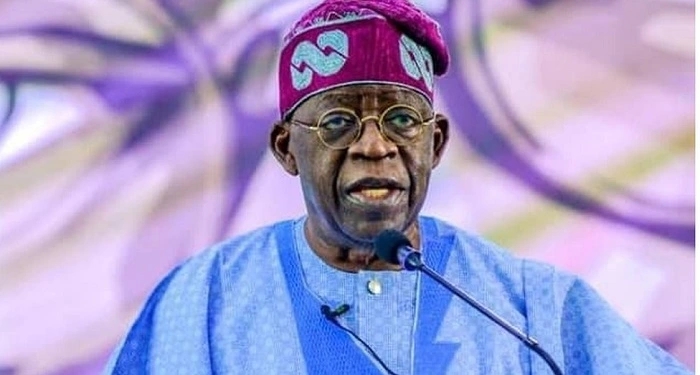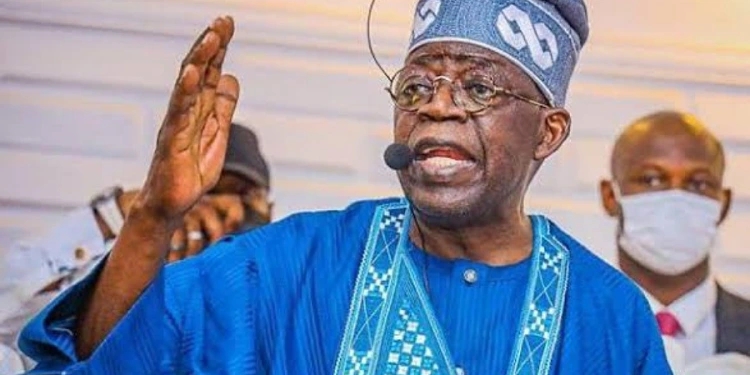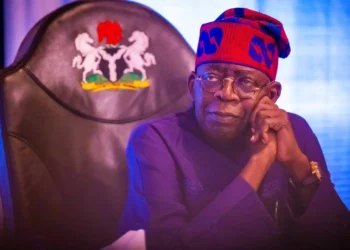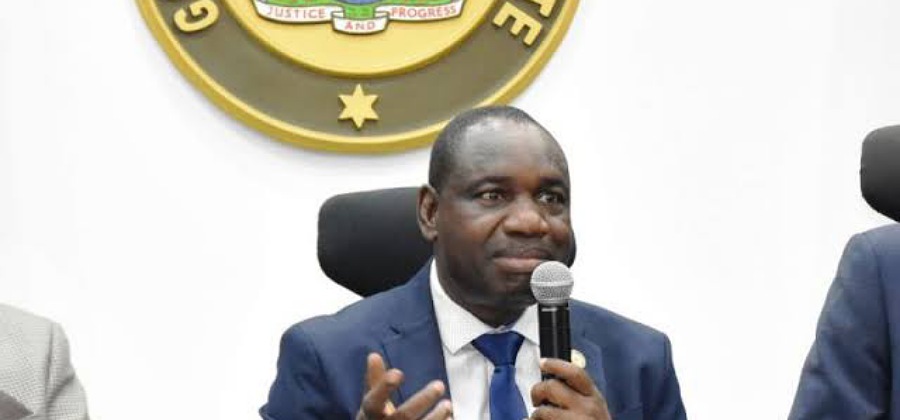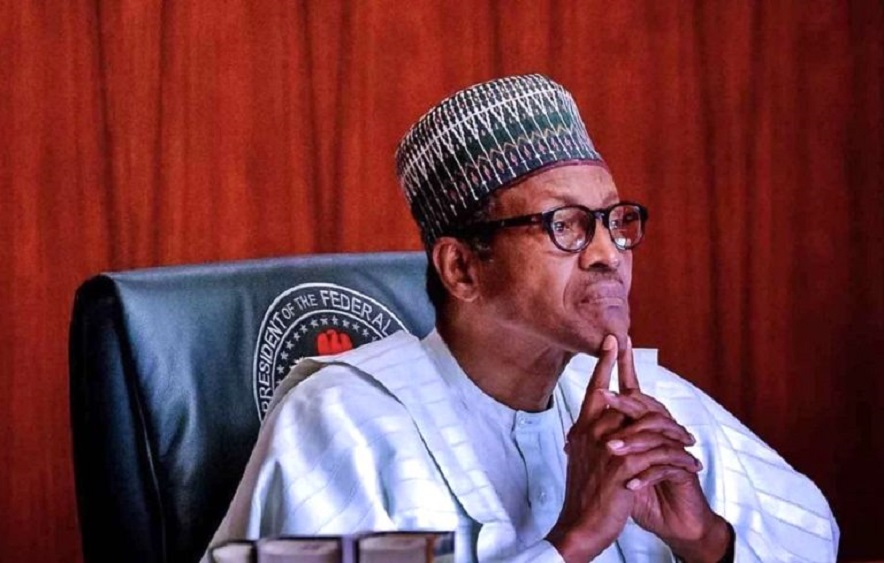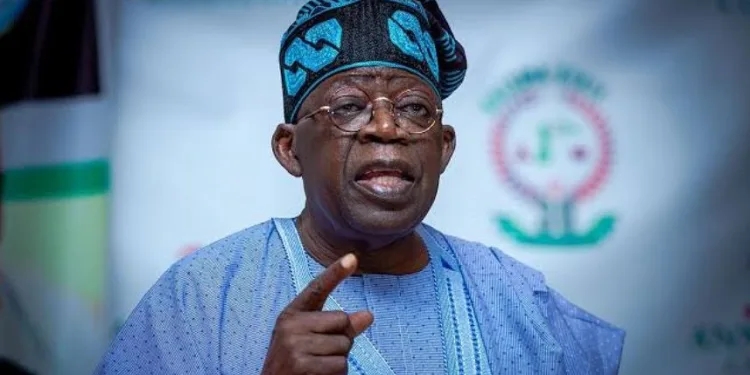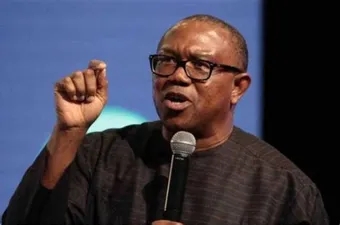Nigeria’s Independent National Electoral Commission (INEC) declared the candidate of the All Progressives Congress (APC), Bola Tinubu, as the winner of the February 25 presidential election.
Tinubu won with a total of 8,794,726 votes to defeat his major rivals; Atiku Abubakar of the People Democratic Party (PDP) who garnered 6,984,520 votes, and Peter Obi of the Labour Party who secured 6,101,533 votes of the 24,965,218 total votes cast.
The next president of Nigeria would be inheriting a manufacturing sector that generated N114.37 billion as value-added tax in the third quarter of 2022 according to the Federal Inland Revenue Service (FIRS).
Nigeria’s manufacturing sector remained top on the list of sectors with the highest VAT remittance in the quarter under review with N114.37 billion remitted, accounting for 18.29%, followed by the information and communication sector with N68.16 billion.
Bola Ahmed Tinubu in his manifesto titled “ Renewed Hope” said he plans to Manufacture, create, and invent more of the goods and services we require. “Nigeria shall be known as a nation of creators, not just of consumers,” he said.
Tinubu added the areas he will focus on are Import Substitution, a National Industrial Plan, Support for Domestic Manufacturing of Electricity Meters and Pharmaceutical manufacturing and Tech Manufacturing.
Import substitution
Tinubu in his manifesto said Nigerians must curb their reliance on imported goods, adding:
- “Importation of non-essential products will be discouraged through policy measures including luxury taxes, higher tariffs, and higher processing fees.
- “At the same time, international brands will be incentivised with tax credits, rebates and other fiscal incentives to establish manufacturing plants in Nigeria both for export and to meet the needs of the large population of consumers in Nigeria and the wider ECOWAS region.
- “We shall also enact new policies to exploit the framework provided by the African Continental Free Trade Agreement (AfCTA) to boost domestic manufacturing and production further.
National Industrial Plan
He added if elected his Government will make it a priority to encourage industries vital to national development, which he says means growing Nigeria’s industrial base to provide jobs to an expanding urban population, through the development of an industrial development master plan, he said he will:
- Extend tax, other credits, and urban youth employment incentives to domestic manufacturing entities. Tariffs and other measures will be implemented to safeguard such industries.
- Encourage domestic manufacturers and producers to add value to basic products thus promoting value-added industry and production. These incentives will include lower import tariffs on semi-manufactured goods production lines such as the automotive and IT industries.
- Develop major and minor industrial hubs in each geopolitical zone.
- Promote IT to boost industrial creativity while spurring the financial inclusion of larger population segments by encouraging greater use of innovative new technologies.
- Provide Tax credits, holidays and reduced interest rate loans to businesses that hire a certain percent of youth in their workforce and provide genuine on-the-job training and mentoring for their young employees
He added that in the North West and North East, he would create new industrial hubs to focus on textiles, adding:
- “In the South East and South-South, a new hub and dry port will focus investment on labour-intensive manufacturing.
- “In the South West, fine quality sand will be turned into the highest-quality glass items.
- “In areas with deposits of clay, household items such as dishes and pottery will be manufactured. In the North Central, emphasis will be placed on solid mineral exploration and exploitation.
- “In the North West and North Central, clandestine, environmentally harmful unlicensed gold mining activities will be ended. Regulated mining will be instituted such that environmental protection is maintained and local artisans and craftsmen can earn income turning raw gold into finished jewellery.
Support for Domestic Manufacturing of Electricity Meters
Tinubu promised he will reduce import levies on manufacturing inputs and provide other forms of support so that domestic manufacturers are able to compete and meet the demand for meters and provide targeted and efficient tax incentives for local manufacturing companies making meters.
Pharmaceutical manufacturing and Tech Manufacturing
He added that Tech manufacturing presents another important opportunity for job creation in Nigeria, citing:
- “Available statistics indicate that Nigeria imports over US$750 million worth of smartphones annually over the last three years. This is indicative of the huge opportunity for import substitution and local assembly presented by the tech manufacturing sector.
The President-elect in his manifesto promised to build an economy that produces more of the everyday items saying both agricultural and manufactured goods, defining an individual’s and a nation’s standard of living.

